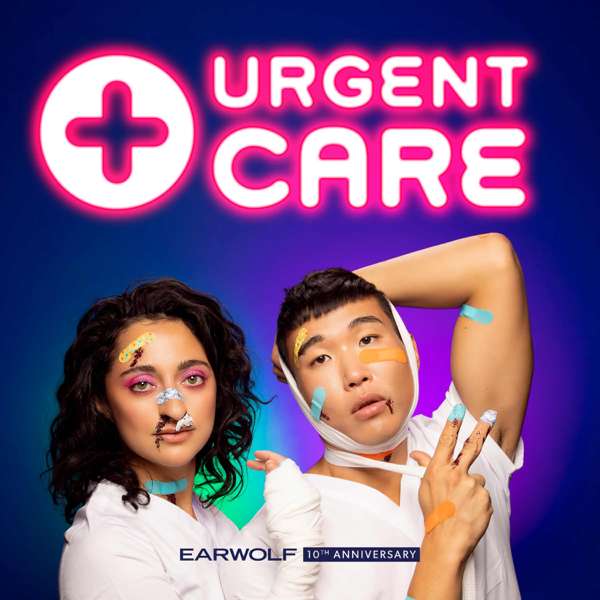Practice Strategies include:
Strengthen family engagement strategies that are culturally competent throughout the life of the case. Family engagement includes:
Early and ongoing identification, location and engagement of all parents, relatives and significant others in the child’s life;
Use of family meetings and engaging other adult permanency resources in planning and caring for children (including their education, emotional and medical well-being);
Early, frequent and developmentally appropriate visiting between children in foster care and their parents, siblings and other identified permanency resources unless there is a compelling safety issue; and,
Utilization of concurrent planning strategies to engage families in early alternative permanency planning using full disclosure and early placement of children with a committed resource.
Sustain and strengthen the partnership between child welfare and the court systems at the State and local levels with a focus on shared time-to-permanency data and collaborative improvement strategies.
Strengthen standards for foster homes and support recruitment efforts that reflect the ethnic and racial diversity of the children in care. Other local innovations and initiatives.
- Home
- Top Charts
- Top Networks
- Top Apps
- Top Independents
- Top Podfluencers
- Top Picks
- Top Business Podcasts
- Top True Crime Podcasts
- Top Finance Podcasts
- Top Comedy Podcasts
- Top Music Podcasts
- Top Womens Podcasts
- Top Kids Podcasts
- Top Sports Podcasts
- Top News Podcasts
- Top Tech Podcasts
- Top Crypto Podcasts
- Top Entrepreneurial Podcasts
- Top Fantasy Sports Podcasts
- Top Political Podcasts
- Top Science Podcasts
- Top Self Help Podcasts
- Top Sports Betting Podcasts
- Top Stocks Podcasts
- Podcast News
- About Us
- Podcast Advertising
- Contact

 Our TOPPODCAST Picks
Our TOPPODCAST Picks  Stay Connected
Stay Connected







